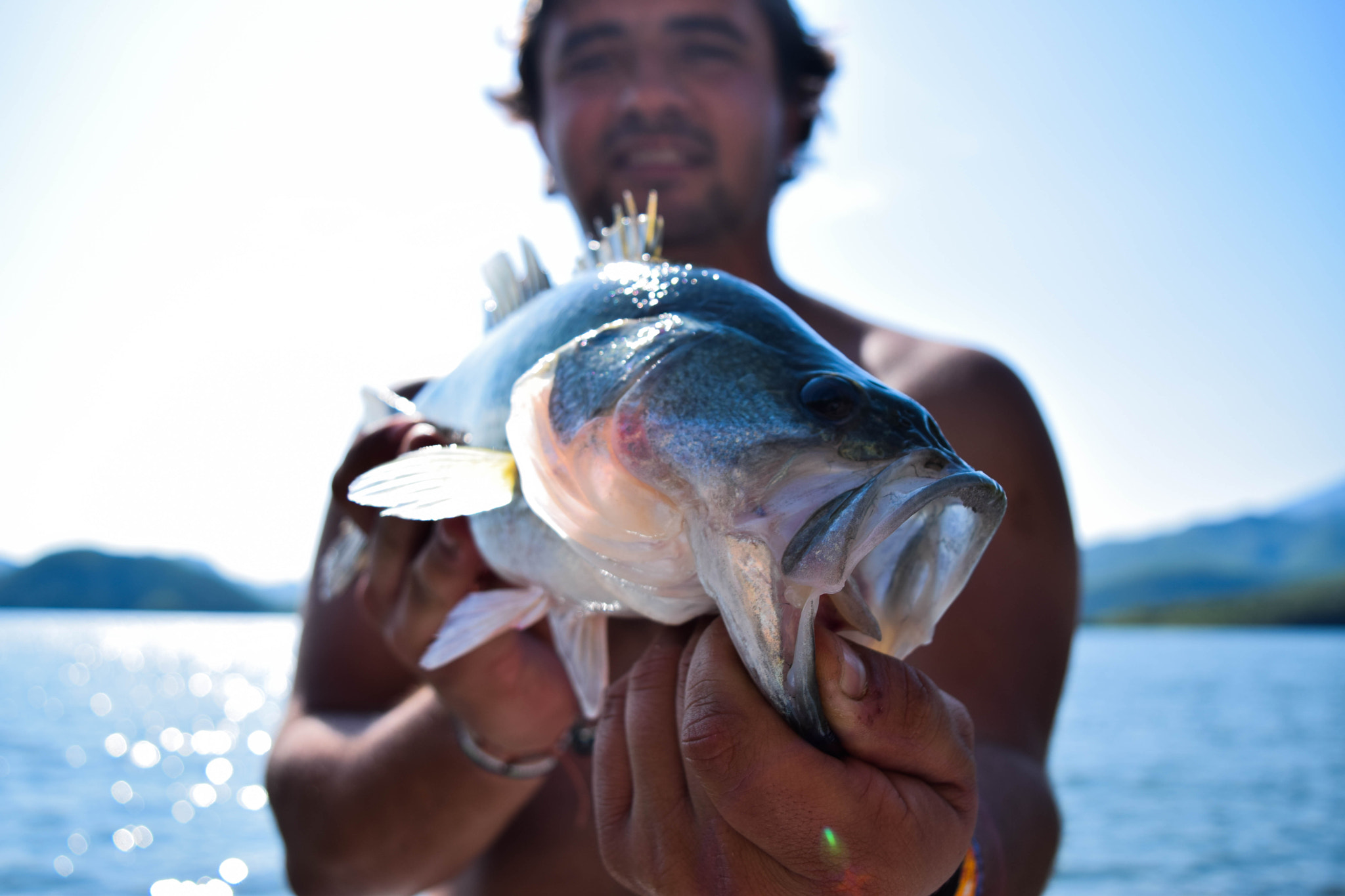Fish are fascinating creatures that thrive in aquatic environments, but what happens when they find themselves out of water? This intriguing question has puzzled scientists and enthusiasts alike, leading to a deeper exploration of the survival capabilities of various fish species. While the average person may think that fish are wholly dependent on water for life, the truth is that some fish can endure short periods outside their aquatic habitats, showcasing remarkable adaptability.
As we delve into the world of fish and their unique respiratory systems, it's essential to understand the differences among species. Factors such as the fish's size, skin type, and habitat play a crucial role in determining how long a fish can survive once it’s out of water. From the resilient lungfish to the common goldfish, each species has its limitations and adaptations that influence their survival in such extraordinary circumstances.
In this article, we will explore the various factors that affect how long a fish can live out of water, the different types of fish that can survive this ordeal, and what to do if you encounter a fish stranded on land. Join us on this journey as we uncover the secrets of the aquatic world and the incredible resilience of fish!
How Long Can a Fish Live Out of Water?
The lifespan of fish outside their aquatic environment can vary significantly depending on several factors. On average, fish can survive from a few minutes to several hours without water. Notably, some species, such as the lungfish, can survive for months if conditions are right. Here are some key factors that influence their survival:
- Species: Different fish species exhibit different survival capabilities out of water.
- Environment: Temperature and humidity levels play a significant role in determining survival times.
- Size: Larger fish tend to have a greater chance of survival due to their larger body reserves.
- Health: A healthy fish may withstand longer periods without water compared to an unhealthy one.
What Factors Affect a Fish's Survival Out of Water?
Understanding how long can a fish live out of water requires looking at various factors that impact their survival:
1. Respiratory System
Fish primarily breathe through gills, extracting oxygen from water. When out of water, their gills can dry out, leading to suffocation. However, some species have adapted to breathe air temporarily, such as the lungfish, which can gulp air using specialized lungs.
2. Skin Type
Fish with moist, permeable skin can lose moisture more quickly. Species like mudskippers can survive on land longer due to their ability to retain moisture through their skin.
3. Temperature and Humidity
Higher temperatures and low humidity levels can accelerate dehydration in fish. A cooler, humid environment may extend their survival time significantly.
Which Fish Are Most Resilient Out of Water?
Some fish species are renowned for their resilience when removed from water:
- Lungfish: Can survive for several months by burrowing into mud and entering a state of dormancy.
- Mudskippers: Adapted to live on land and can breathe through their skin and mouth.
- Goldfish: Generally can survive for a few hours out of water if kept moist.
How Do Fish Adapt to Life Out of Water?
Fish have developed fascinating adaptations that allow them to survive in air for limited durations:
1. Air Breathing Adaptations
Some fish possess lungs or modified gills that enable them to extract oxygen from the air. These adaptations are crucial for their survival when water is scarce.
2. Behavioral Adaptations
Fish like mudskippers actively seek out moist areas, using their pectoral fins to move on land. This behavior helps them avoid dehydration.
What Should You Do If You Find a Fish Out of Water?
If you encounter a fish that has strayed from its aquatic habitat, take the following steps to help:
- Assess the Fish: Determine the species and its potential survival time based on the factors discussed.
- Keep Moist: If possible, keep the fish moist with water or a damp cloth.
- Return to Water: If you can safely do so, return the fish to its natural habitat.
Conclusion: The Resilience of Fish
In conclusion, the question of how long can a fish live out of water is complex and varies widely among different species. While the majority of fish cannot survive long outside their aquatic environments due to their physiological needs, certain species showcase remarkable adaptations that allow them to endure for extended periods. Whether it's the lungfish's ability to enter dormancy or the mudskipper's life on land, the world of fish is full of surprises. Understanding these dynamics not only deepens our appreciation for these creatures but also emphasizes the importance of preserving their natural habitats.
Discovering The Charm Of Jimmy's Pub Enfield CT
Understanding Shaq's Sensitivity: The Coli Chronicles
Discovering The Charm Of Cal Mart Calistoga CA


